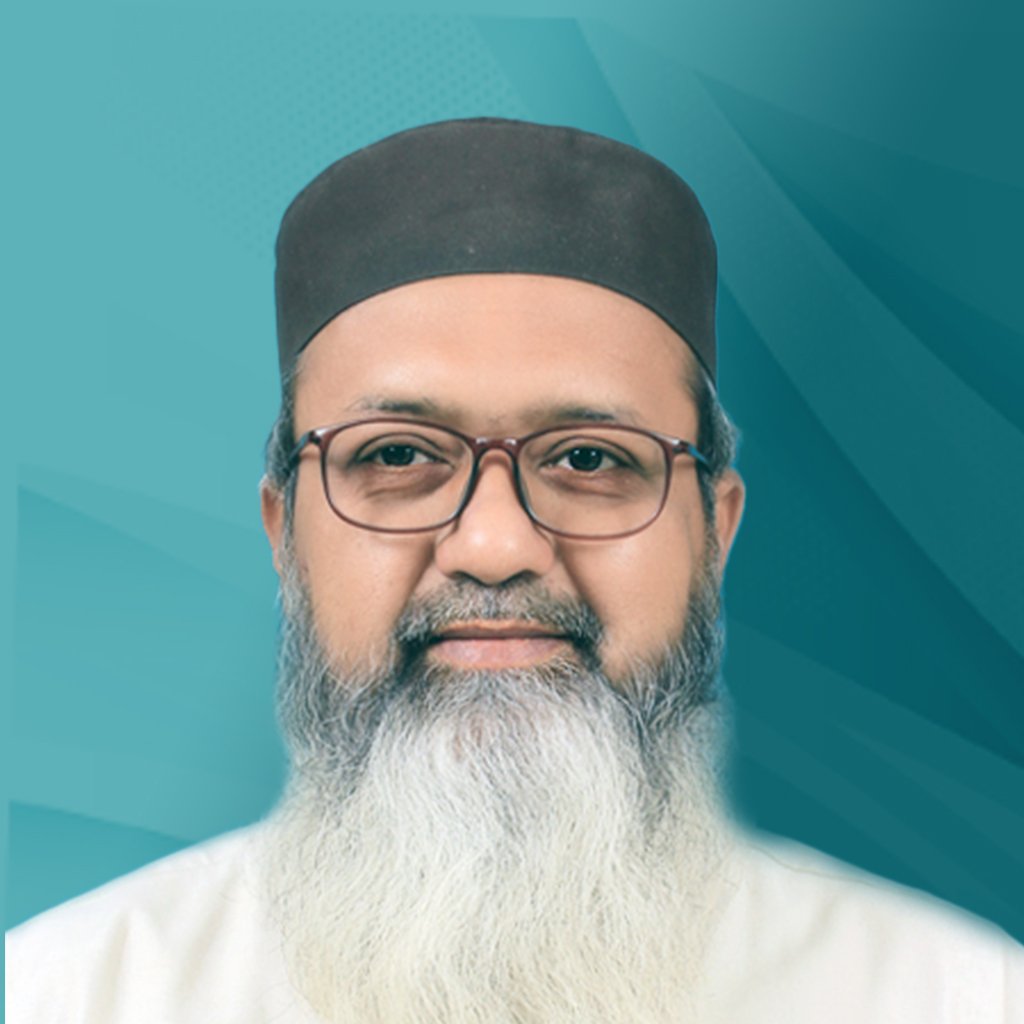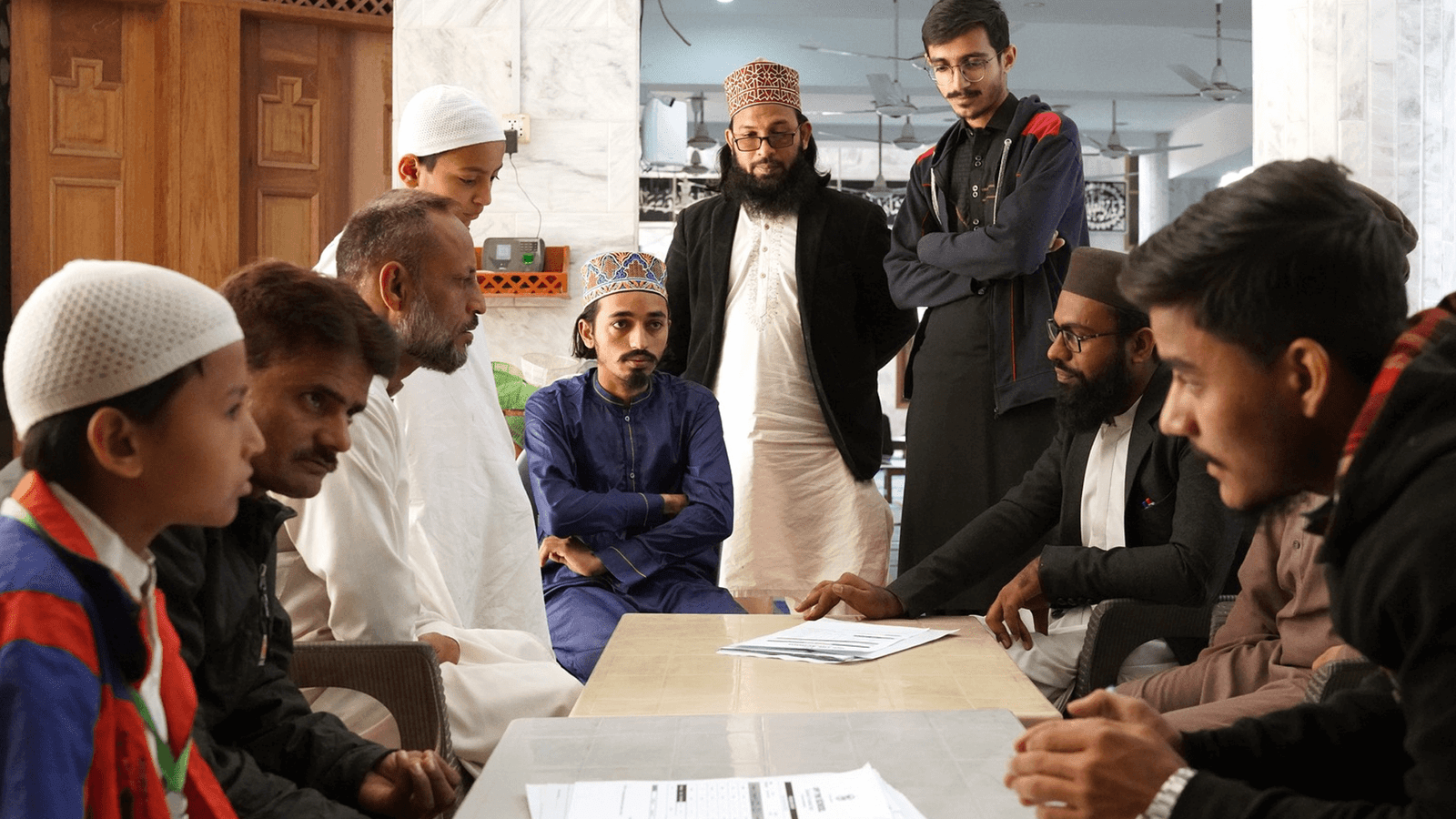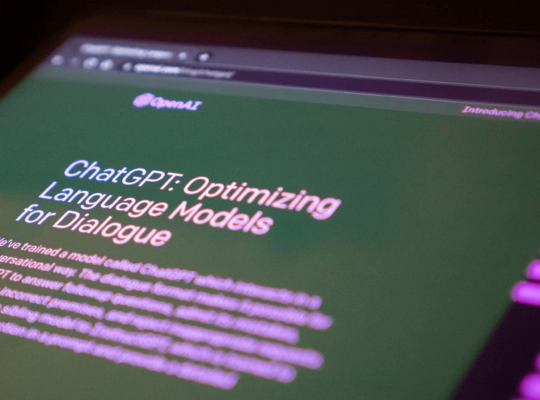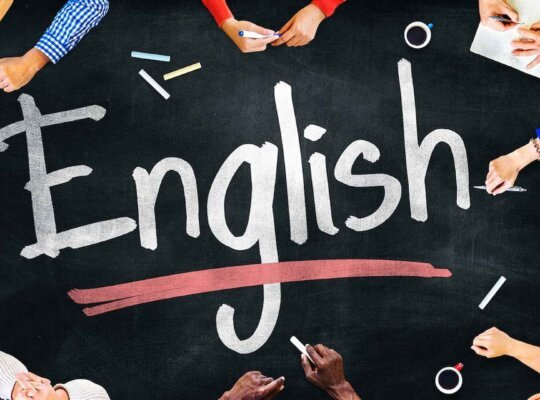For years, Muslim madrasas have been criticized for promoting a narrow, conservative, and often extremist interpretation of Islam. However, recent research indicates that many of these institutions are undergoing significant changes.
According to a report by the United Nations Educational, Scientific, and Cultural Organization (UNESCO), Muslim madrasas are increasingly adopting modern teaching methods and curricula that incorporate subjects such as science, math, and English. The report notes that many madrasas are also placing greater emphasis on human rights, gender equality, and pluralism.
The changes are being driven by a number of factors, including pressure from governments, civil society, and parents, as well as a desire by some madrasa leaders to promote a more tolerant and inclusive vision of Islam.
In India, for example, the government has launched a program to modernize madrasas and integrate them into the mainstream education system. As part of this initiative, the government is providing funding and training to madrasa teachers and administrators to help them incorporate modern teaching methods and curricula.
In Pakistan, Madrasas particularly in Karachi have been undergoing significant changes in recent years, aimed at promoting a more moderate form of Islam and countering extremist ideologies. One of the largest madrasas in the city has introduced new courses in computer science, English language, and Islamic finance, as well as a vocational training program to provide students with practical skills.
Other madrasas in Karachi have similarly taken steps to modernise their curriculums, with some now offering courses in science, math, and English. Some madrasas have also introduced programs aimed at teaching students about human rights and gender equality.
In addition to these efforts, there are also new initiatives emerging in Karachi to provide education to underprivileged children. One such example is “Off The School,” a new emerging school that charges only 100 rupees per month and aims to provide education to children who cannot afford traditional schools. The school focuses on providing students with a well-rounded education that includes computer skills, English language, and vocational training.
Efforts to counter extremist ideologies have been a key focus for many madrasas in Karachi, with some organising conferences and seminars aimed at promoting tolerance and interfaith harmony. These initiatives are part of a broader push to promote a more moderate form of Islam and combat the rise of extremism in the country.
Overall, these changes represent a significant departure from traditional madrasa curriculums, which have traditionally focused almost exclusively on religious studies. By introducing new subjects and programs, madrasas in Karachi are seeking to provide their students with a more well-rounded education and equip them with the skills and knowledge needed to succeed in a rapidly changing world.
Similarly, in Indonesia, the largest Muslim-majority country in the world, many madrasas are taking steps to modernize their teachings and promote a more tolerant and inclusive vision of Islam. For example, the Ministry of Religious Affairs has launched a program to promote human rights and gender equality in madrasas, and many madrasas are also teaching subjects such as science and English.
While these changes are certainly encouraging, many challenges remain. Some madrasa leaders are resistant to change, and there are concerns that the reforms are not going far enough. Additionally, many madrasas still face significant financial and resource constraints.
Nevertheless, the fact that so many madrasas are beginning to adopt more modern and inclusive teachings is a positive development, and one that could have significant implications for the future of Islam. As the UNESCO report notes, “Madrasas can play a key role in promoting peace, tolerance, and mutual understanding, and in countering violent extremism and radicalization.”

Meet Sir Faisal Amin – a visionary educator and content management expert, who has made a lasting impact in the education sector with his unwavering commitment and passion.








